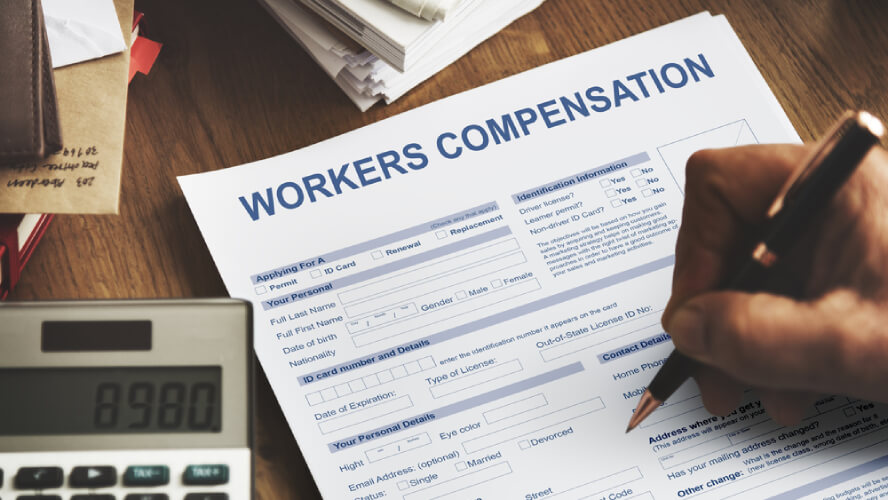Starting a new job? Understanding Georgia workers’ compensation
Landing a new job can be exciting. And while you’re likely anticipating what’s to come, it’s unlikely you’ll spend much time planning on negative scenarios, like what happens if you’re hurt.
But understanding workers’ compensation before you need it can be incredibly helpful. Georgia workers’ comp is sometimes hard to make sense of, with a lot of potential pitfalls for employees who go to the wrong doctor, return to work too quickly or don’t report their injury. Some industries, like agriculture, aren’t even required to provide workers’ comp coverage, meaning asking a few questions up front can mean a dramatically different experience if you face an injury down the road.
So, what should you know about workers’ compensation in Georgia before you start a job?
What is workers’ compensation?
Workers’ compensation helps employees who’ve been hurt on the job. Benefits may cover medical bills and a portion of missed income. In cases where workers die from on-the-job injuries, workers’ comp may provide benefits to their dependents. Workers’ comp isn’t a direct payment from the employer, however. Instead, Georgia employers pay for workers’ comp insurance, and the State Board of Workers’ Compensation resolves claims.
Am I covered by Georgia workers’ comp?

Employers with three or more regular employees must carry workers’ comp insurance, regardless of whether the workers are full time or part time. Independent contractors are not covered. If you’re joining a very small business, it may be helpful to ask if your employer carries workers’ comp.
Georgia also doesn’t require agricultural employers to carry workers’ comp insurance. Agriculture is one of the more dangerous professions, and some employers voluntarily provide workers’ comp coverage to better protect their employees. If you’re starting a new farming job, ask about your employer’s status.
If I’m hurt, what should I do?
If you’re hurt on the job, you’ll want to get the medical care you need right away. But with a workplace injury, you can’t just call your own doctor. You’ll instead need to choose a doctor or clinic from the posted panel of physicians. You’ll also want to notify your supervisor or manager that you were hurt. If you’re able to, document the scene, recording any conditions, like a cluttered hallway or icy walk, that led to your accident. You can still be eligible for workers’ comp even if the injury was your fault.
Can I lose my job for taking workers’ comp?
Georgia is an at-will employment state, meaning you can be let go from your job at any time and for any reason, so long as the reason is not discriminatory. Unfortunately, workers are sometimes let go after an injury, but your employer cannot use a workers’ comp claim as the basis for firing you.
How can a workers’ compensation attorney help?
Even if you haven’t yet needed workers’ comp yourself, maybe you’ve seen a family member push through injuries, only to have them worsen. Maybe you’ve had friends hurt on the job who are scared to make a claim. A workers’ compensation attorney can help negotiate with insurance companies to settle claims fairly. An attorney can help you if your claim is denied or ignored. And in cases where you also have a personal injury suit (for example, you were in a car accident while driving for work), an attorney can help manage the two processes to your advantage.
Georgia Workers’ Compensation Attorney
Workplace injuries can happen to anyone, so it’s smart to be prepared and plan ahead. If you’ve been hurt on the job, a workers’ compensation attorney can help. Contact the Law Offices of Laura Lanzisera today for a free consultation, or give us a call at 404-991-5097.
